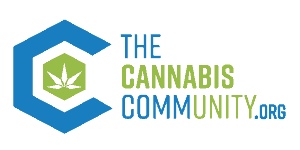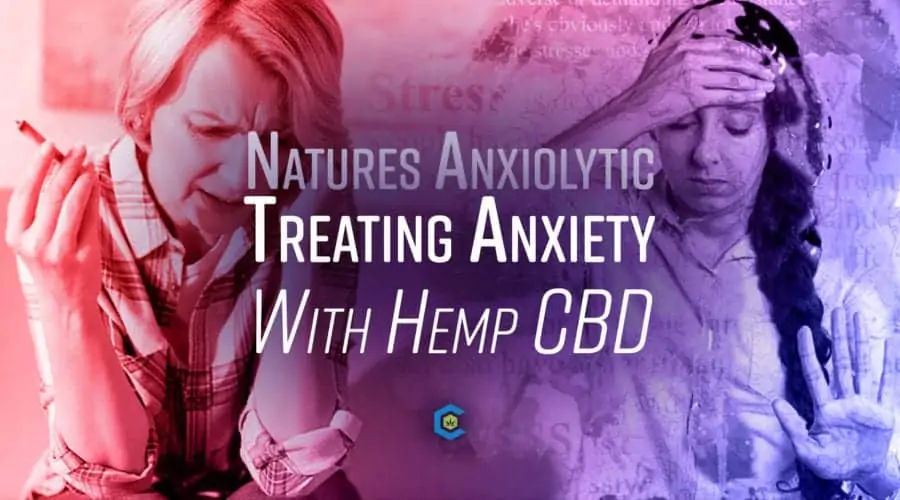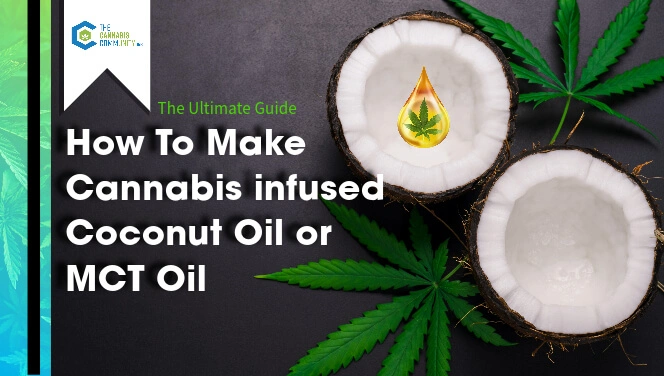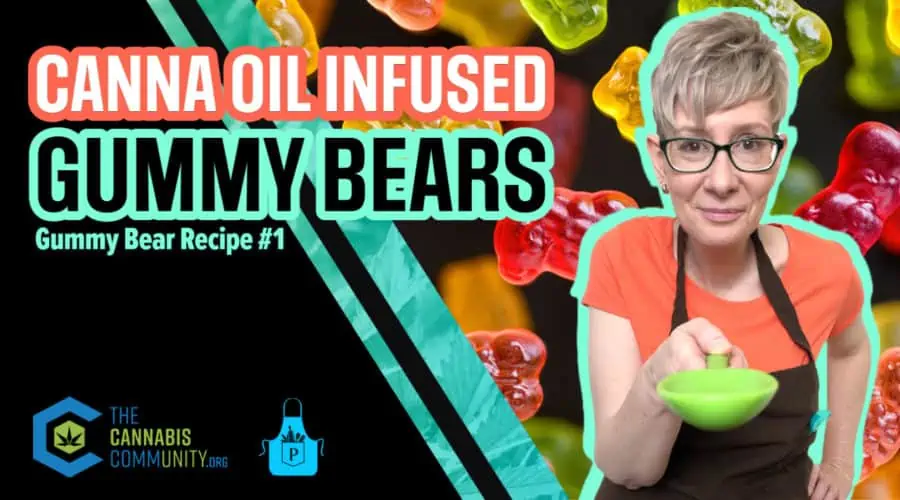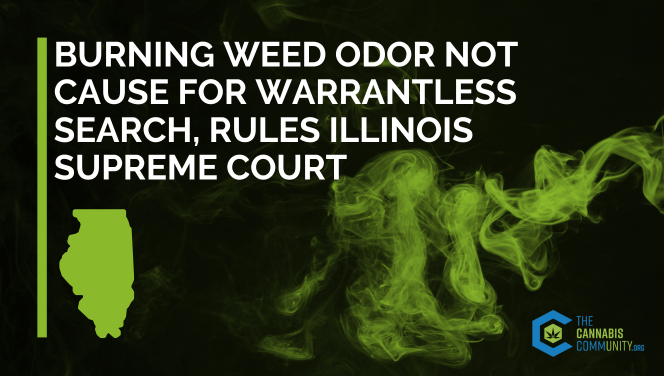CBD, Natures Anxiolytic: Exploring How Hemp Can Treat Anxiety (Instead Of Causing It)
Table of Contents
Anxiety: It’s More Common Than You Think

Your gut starts churning and you’re overwhelmed by a sensation of butterflies. Feelings of dread, paranoia and fear envelope you, making it hard to breathe.
While moments of anxiety are a normal part of the human condition, over one third of the population suffers from anxiety disorders that make living with some degree of anxiety an everyday struggle.1
The most common drugs prescribed for this mood disorder are benzodiazepines and anti-depressant medication, both of which come with their own associated risks, such as dependence, abuse and addiction liability, along with a host of side effects.2
As a result, many are seeking an alternative solution for this common yet potentially debilitating condition.
Medical Cannabis: A Double-Edged Sword When Treating Anxiety
There has been varied discussion concerning whether or not cannabis can help treat anxiety disorders, or, if in fact, it actually exacerbates anxiety.
The truth is: cannabis is a complex plant medicine that is, on the one hand, infamous for causing paranoia and anxiety attacks in new users.3
However, there is mounting evidence that one specific component of the cannabis plant (called cannabidiol, or CBD) may in fact be nature’s anxiolytic, helping to curb anxiety without causing the “high” most associate with cannabis.4

Hemp: The Cannabis Sativa Counterpart Circumvents Legal Limbo
This means that cannabis, which is an extremely diverse plant species, can potentially help treat anxiety if it is rich in CBD.4
Nevertheless, the thought of finding just the right strain or product can feel like overwhelming itself.
While a knowledgeable budtender is critical, the truth is that Cannabis Sativa—traditional medical cannabis—is still in legal limbo on the federal level, meaning access to the medicine can be tricky for some.
Luckily, another source of CBD exists that does not come from highly psychoactive cannabis plants—and it’s legal! Where does it come from? The hemp plant, of course!
What is Hemp?
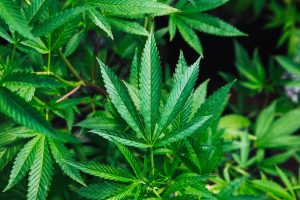
Unlike the cannabis found in medical dispensaries, hemp is Cannabis Sativa with a THC concentration of at most 0.3% dry weight in leaves and buds.5
CBD extracted from hemp is not considered “marijuana,” and thus is not subject to the same legal ramifications as traditional medical cannabis.
To give readers a general idea of extracting cannabinoids from this type of cannabis, consider hemp containing 0.3% THC and 5.0% CBD.
Following extraction, the final product will contain THC as approximately 6% of the CBD (6% of 5% is = 0.3%), since the THC and CBD are removed in essentially similar manner.5
Innovative Wellness extracts CBD solely from cannabis that has been legally classified as “hemp.”
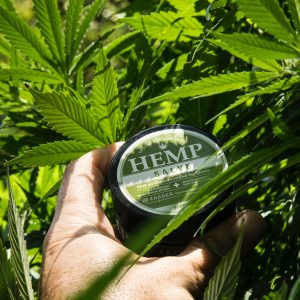
Lab Testing the Final Product is Crucial
Due to the similar process by which both THC and CBD are extracted, careful lab testing of the final product is necessary to ensure the legal limit of THC does not exceed the 0.3% concentration that is required.
It is important to stress that the only difference between marijuana and hemp is the THC concentration, and that full spectrum extracts “may contain other cannabinoids, residual solvents, oils from the plant, herbicides or pesticides and other organic molecules.”5
For this reason, it is imperative to obtain the highest quality full-spectrum CBD that is independently lab tested. Innovative Wellness is committed to providing the highest quality, full-spectrum CBD extracts that are always lab tested by an independent, third party.
How Can Hemp-Derived CBD Help My Anxiety?
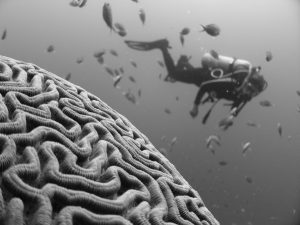
Investigation into the benefits of CBD on human health is now a major area of interest in medical research. Some benefits, such as the anti-epileptic properties of CBD, are so profound that FDA-approved formulations of anti-seizure medications for epileptic children (Epidiolex) have found their way onto pharmacy shelves.6,7
New studies show that CBD has the potential to be an effective anxiolytic (anxiety reliever), as well.
A recent large case study published in 2019 suggests that “Cannabidiol may hold benefit for anxiety-related disorders” and was tolerated well in all but 3 of 75 adults enrolled in the study for anxiety and/or sleep-related problems.7
While further randomized clinical trials are needed to confirm its clinical efficacy, a promising trove of research suggests CBD and cannabinoid therapy to be a novel treatment for anxiety.4,8–10
How Does CBD Work in the Brain to Alleviate Anxiety?
This is a tricky question, and to be fair, we aren’t quite sure yet. It has been known since the late ‘80s that the central benzodiazepine receptors in the brain were involved in cannabis’ anti-anxiety effects.9
As previously noted, benzodiazepines are the most commonly prescribed class of compound in the traditional allopathic, clinical setting to treat anxiety.2
However, unlike cannabis, these compounds can cause severe dependency and have a high abuse liability.11
More recent evidence has shown that the “runner’s high” in mice is actually a joint contribution by endorphins as well as anandamide (an endocannabinoid produced by our bodies) stimulating the CB1 receptor.12
The study found demonstrable evidence that, “cannabinoid receptors mediate acute anxiolysis and analgesia (pain-relief) after running.”12
While the exact mechanism in the human brain continues to be a mystery, the evidence thus far warrants our research efforts continue full speed ahead into this promising area of medicine.
People are Swapping Pills for Hemp-Based CBD To Treat Anxiety
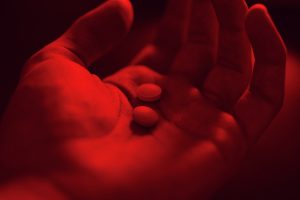
While there are definitely patients that benefit from traditional anti-depressant therapy and the short-term (keyword) use of benzos, there are certainly drawbacks to the long-term use of either.11,13
We have discussed the possibility of seizures from benzodiazepine withdrawal earlier in this article. Some side effects commonly reported from long-term antidepressant use include weight gain, sexual side effects, and withdrawal effects when stopping the drug.13
Luckily, studies show that there are an increasing number of patients ditching the pills and switching to CBD and full-spectrum cannabinoid based treatments for anxiety.14
It is to this effect that Dr. Khare, former Chicago Cubs ER doctor and board-certified physician, has been inspired to incorporate cannabis into his practice.

An Expert Opinion by Acclaimed Chicago Cannabis Doctor, Dr. Rahul Khare
In an earlier interview with Chicago’s local cannabis-friendly doctor and professional cannabinerd, Dr. Rahul Khare, I had the pleasure of discussing the events that inspired him to incorporate cannabis into his practice. “I had many patients who used only cannabis.
When I asked them about their story, they told me how they had come off of opiates or benzos with cannabis,” Khare says.
“Then it became legal with medical cannabis, so I started certifying because of all the anecdotal stories. Then my own patients reduced their [dose of] opiates and benzos, and I was sold. I’ve been a believer since. Now the clinical research is catching up.”
Dr. Khare on Treating Anxiety with Cannabis & CBD
In terms of treating anxiety, Dr. Khare acknowledges the hurdles due to the sheer diversity of cannabis formulations and the tendency for some to cause anxiety, especially those formulations that are high in THC.
However, he has had success in treating his patients with CBD, and advocates for the responsible medical use of cannabidiol. He also supports further research into its pharmacological and physiological properties.
Further Research & Concluding Thoughts
The anecdotal evidence, large-scale case studies, and promising clinical trials all point toward the novel, anti-anxiety properties of CBD. High quality, full-spectrum CBD is a powerful medicine, and should be mindfully incorporated into one’s wellness strategy.
CBD is used daily for relief from anxiety and general depression, along with pain, seizure control, and sleep disorders.
While further research is necessary to elucidate the exact mechanisms by which patients derive anxiety relief from cannabis, this author believes the therapeutic index and safety profile of cannabis warrant its use over more addictive and potentially harmful pharmaceutical drugs in the treatment of anxiety.
As the use and sale of legal CBD products increases, it will be interesting to note how the clinical landscape in the treatment of the most prevalent mood disorder shifts.
Not All CBD is Created Equal
Not all CBD is created equal. When it comes to choosing the right medicine to heal not just our bodies—but our entire being as well—quality is arguably the most important factor to look for.
CBD is rapidly gaining popularity and products of widely varying quality are being sold everywhere from gas stations and smoke shops to upscale medical practices and vitamin shops.
While CBD may be readily available at your local 7/11, would you buy medicine for yourself, a family member or loved one from a gas station or convenience store?
If you enjoyed this article you may enjoy reading…
Cannabis Basics Textbook: A Fun Evidence-Based Journey Into Cannabinoid Science Fundamentals
The Edibles Industry: How Consumers are Quickly Fixing the Gap
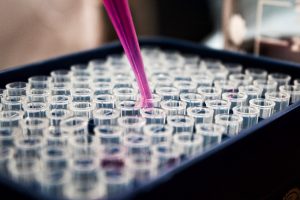
Works Cited
- Bandelow, B. & Michaelis, S. Epidemiology of anxiety disorders in the 21st century. Dialogues Clin. Neurosci. 17, 327–335 (2015).
- Bandelow, B., Michaelis, S. & Wedekind, D. Treatment of anxiety disorders. Dialogues Clin. Neurosci. 19, 93–107 (2017).
- Emerson, S. Marijuana-Induced Anxiety Is Weed Culture’s Bigfoot. Motherboard (2017).
- Blessing, E. M., Steenkamp, M. M., Manzanares, J. & Marmar, C. R. Cannabidiol as a Potential Treatment for Anxiety Disorders. Neurotherapeutics 12, 825–836 (2015).
- Hilderbrand, R. L. Hemp & Cannabidiol: What is a Medicine? Mo. Med. 115, 306–309 (2018).
- Cannabidiol in patients with seizures associated with Lennox-Gastaut syndrome (GWPCARE4): a randomised, double-blind, placebo-controlled phase 3 tr… – PubMed – NCBI. Available at: https://www.ncbi.nlm.nih.gov/pubmed/29395273. (Accessed: 4th January 2019)
- Shannon, S., Lewis, N., Lee, H. & Hughes, S. Cannabidiol in Anxiety and Sleep: A Large Case Series. Perm. J. 23, (2019).
- Turna, J., Patterson, B. & Van Ameringen, M. Is cannabis treatment for anxiety, mood, and related disorders ready for prime time? Depress. Anxiety 34, 1006–1017 (2017).
- Antianxiety effect of cannabis: involvement of central benzodiazepine receptors. – PubMed – NCBI. Available at: https://www.ncbi.nlm.nih.gov/pubmed/3002503. (Accessed: 19th April 2019)
- Tambaro, S. & Bortolato, M. Cannabinoid-related agents in the treatment of anxiety disorders: current knowledge and future perspectives. Recent Patents CNS Drug Discov. 7, 25–40 (2012).
- Hu, X. Benzodiazepine withdrawal seizures and management. J. Okla. State Med. Assoc. 104, 62–65 (2011).
- Fuss, J. et al. A runner’s high depends on cannabinoid receptors in mice. Proc. Natl. Acad. Sci. U. S. A. 112, 13105–13108 (2015).
- Cartwright, C., Gibson, K., Read, J., Cowan, O. & Dehar, T. Long-term antidepressant use: patient perspectives of benefits and adverse effects. Patient Prefer. Adherence 10, 1401–1407 (2016).
- Purcell, C., Davis, A., Moolman, N. & Taylor, S. M. Reduction of Benzodiazepine Use in Patients Prescribed Medical Cannabis. Cannabis Cannabinoid Res. (2019). doi:10.1089/can.2018.0020
- Zorofchian Moghadamtousi, S. et al. A Review on Antibacterial, Antiviral, and Antifungal Activity of Curcumin. BioMed Res. Int. 2014, (2014).
- Sayowan, W., Siripornpanich, V., Hongratanaworakit, T., Kotchabhakdi, N. & Ruangrungsi, N. THE EFFECTS OF JASMINE OIL INHALATION ON BRAIN WAVE ACTIVIES AND EMOTIONS. 6 (2013).
- Guimarães-Santos, A. et al. Copaiba Oil-Resin Treatment Is Neuroprotective and Reduces Neutrophil Recruitment and Microglia Activation after Motor Cortex Excitotoxic Injury. Evid.-Based Complement. Altern. Med. ECAM 2012, (2012).
- Cinnamon: Potential Role in the Prevention of Insulin Resistance, Metabolic Syndrome, and Type 2 Diabetes. Available at: https://www.ncbi.nlm.nih.gov/pmc/articles/PMC2901047/. (Accessed: 14th May 2019)
Get a Medical Cannabis Card in Minutes
Enjoyed This Content? Read More:
-
How to Make Cannabis-Infused Coconut Oil or MCT Oil: Crockpot Recipes
In this guide, you’ll learn how to make cannabis-infused coconut oil or MCT oil, decarboxylate cannabis, or choose to infuse cannabis into any oil of your choice.
-
How to Make THC Gummy Bears with Canna Oil
This is a great no-fail recipe for beginners. The corn syrup in this recipe will help your gummy bears have that nice and chewy texture we’ve all come to love.
-
Burning Weed Odor Not Cause for Warrantless Search, Rules Illinois Supreme Court
A Landmark Case for IL Medical Cannabis Patient Protections On September 9th, the Illinois Supreme Court issued a major victory for cannabis consumers and patients, declaring that the aroma of burnt cannabis is insufficient probable cause for a warrantless search. Illinois has long been at the forefront of the fight for plant medicine. Medical patients…
-
GMO Cookies: A Strain Review of Its Potent Aroma and Powerful Effects
GMO Cookies is a popular cannabis strain for homegrow. Here’s what you need to know to get started with these seeds.
-
Cherry Pie Cannabis Strain: A Sweet Treat with Potent Effects
Cherry Pie is a popular cannabis strain for homegrow. Here’s what you need to know to get started with these seeds.
